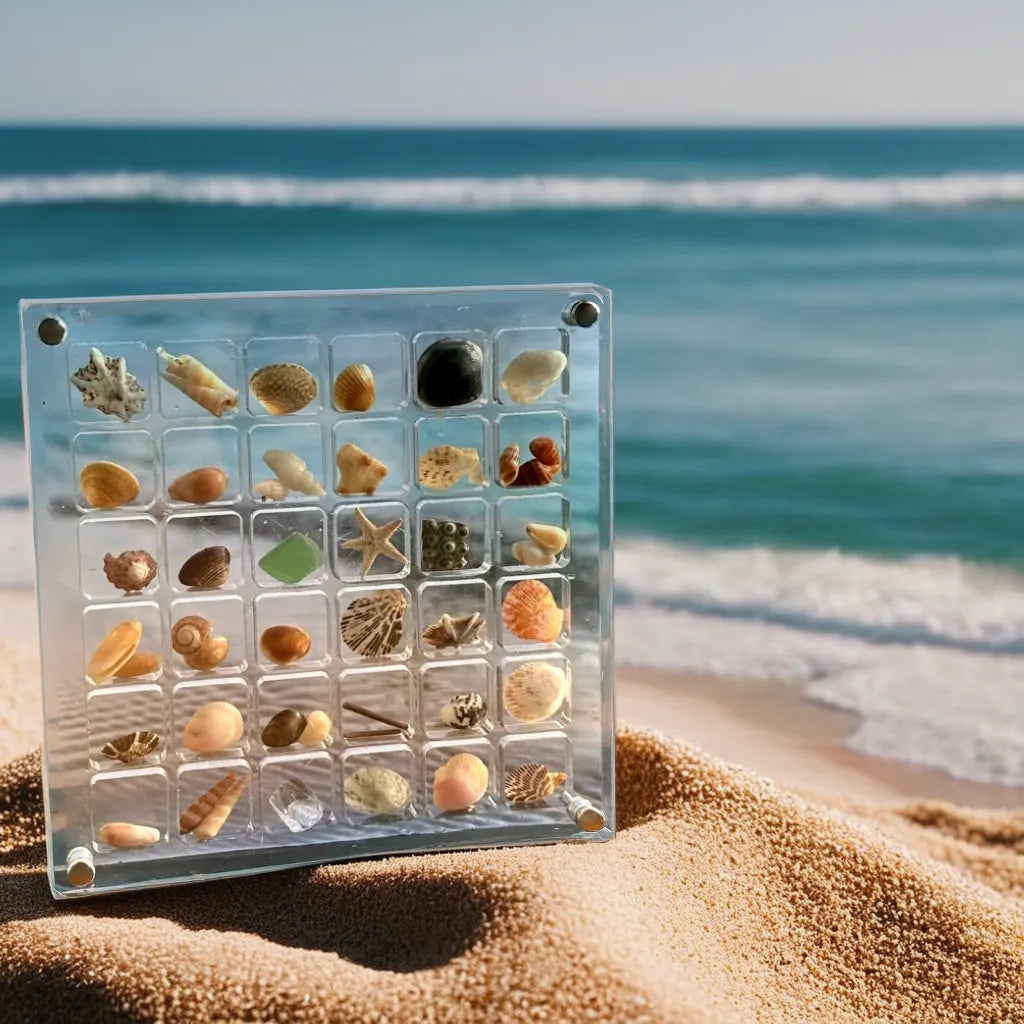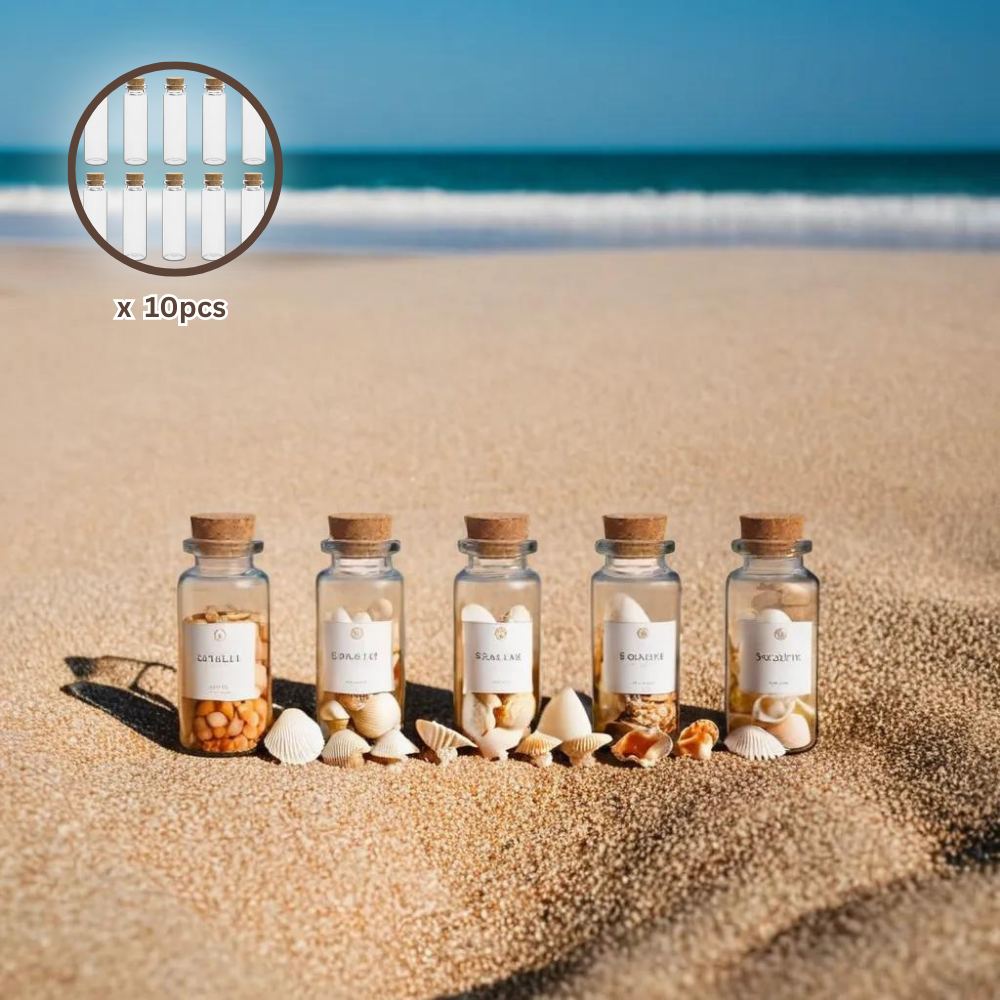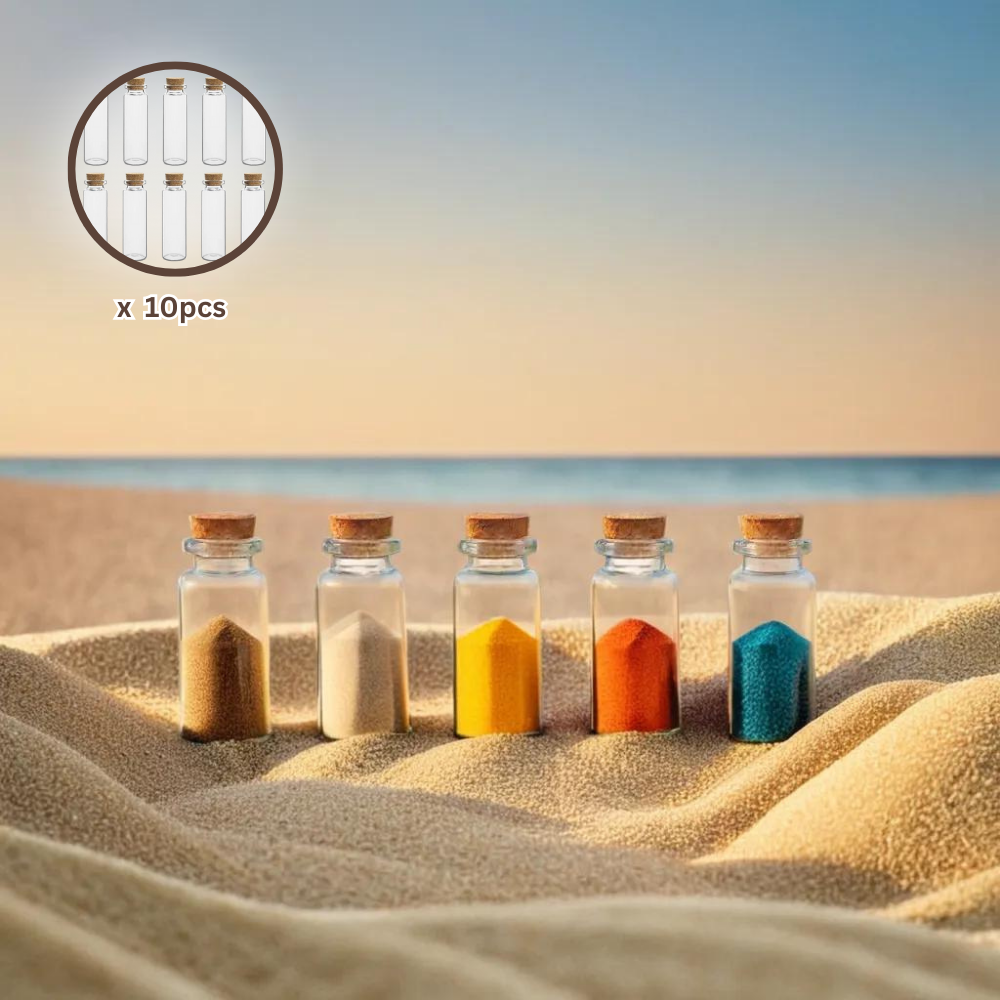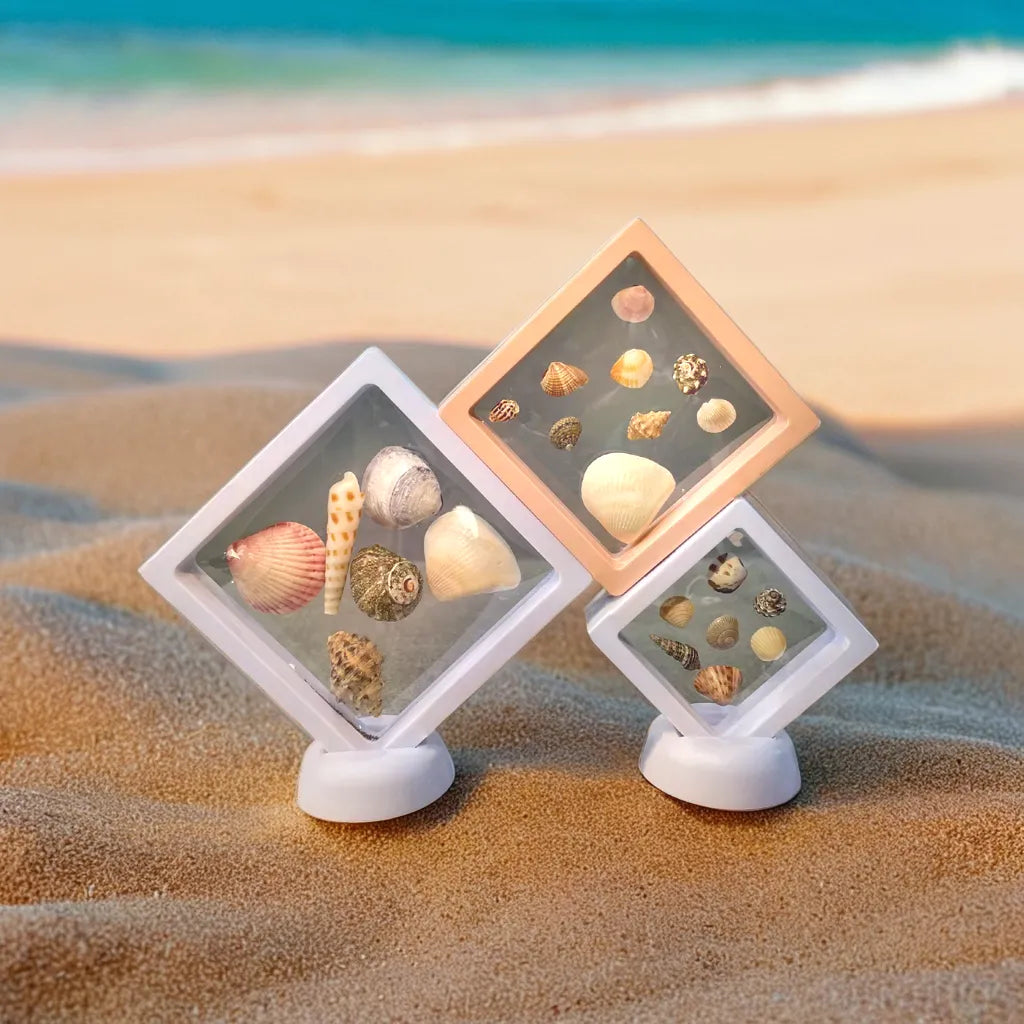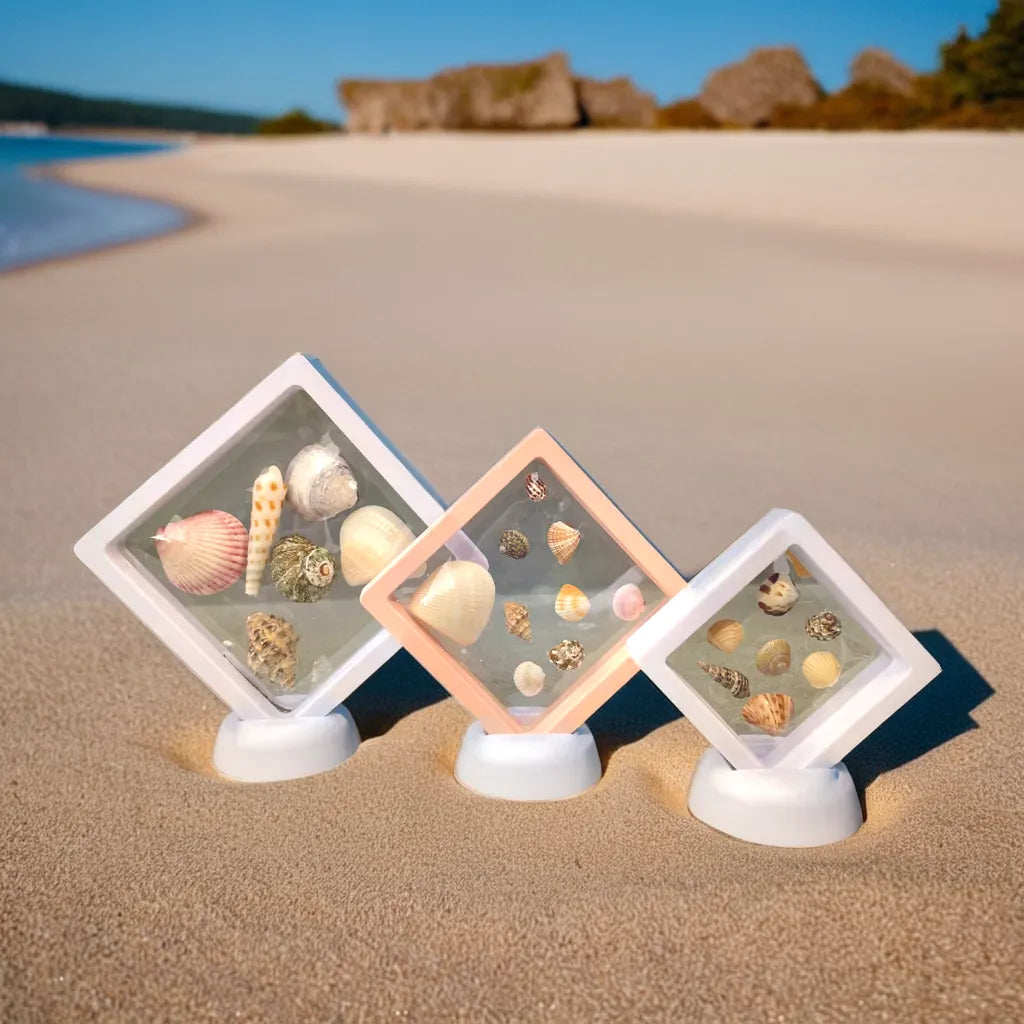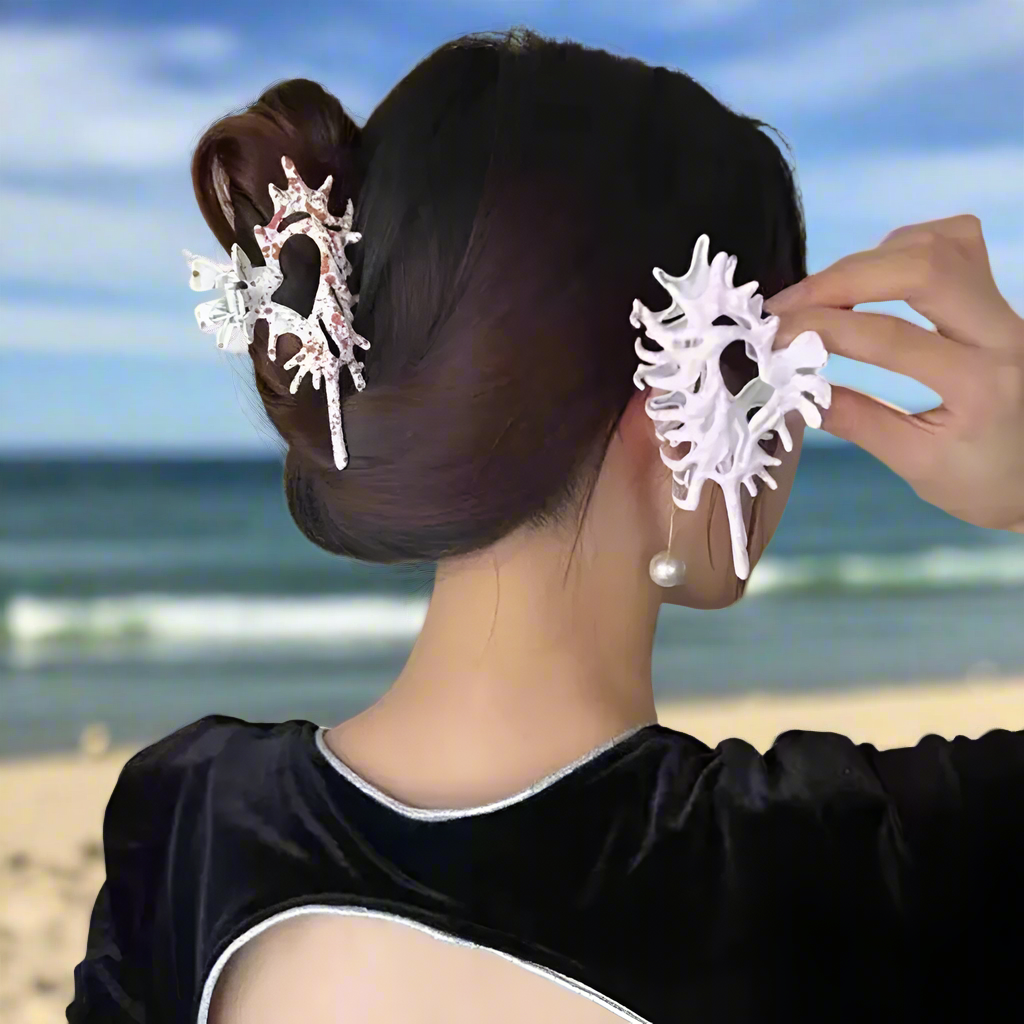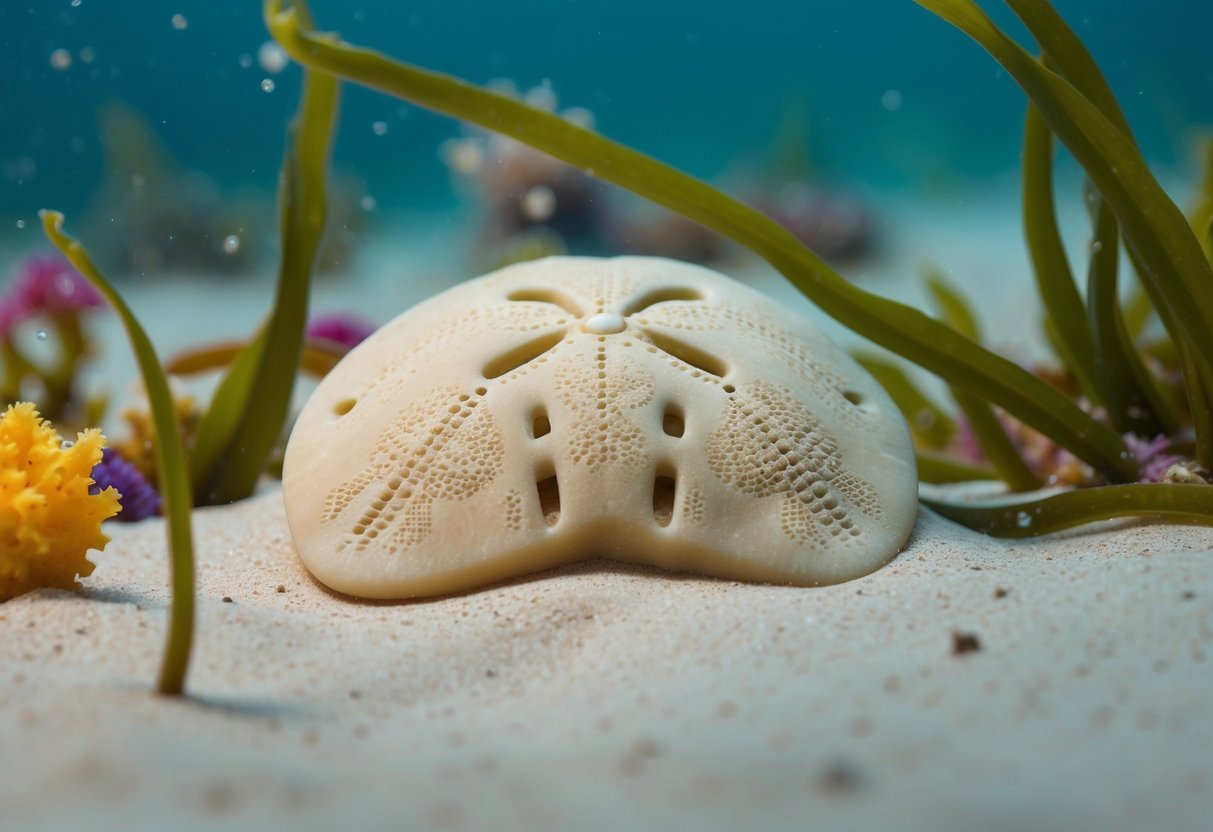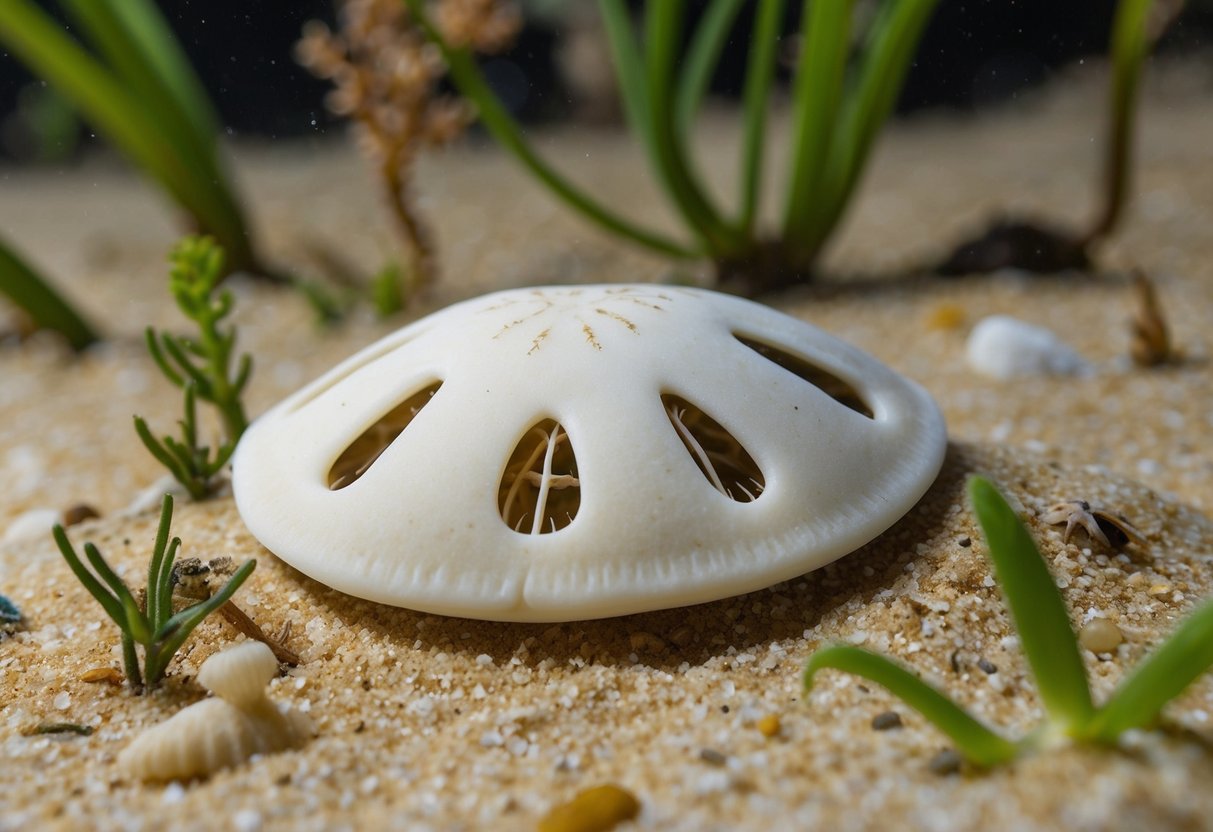Sand dollars are not just fascinating sea creatures; they also play an important role in art and literature. These unique marine animals carry rich symbolism and historical significance, inspiring creativity and expression across various cultures. From poetry to visual arts, sand dollars have captured the imagination of many, representing themes of beauty, mystery, and even spirituality.
 Artists often use the shape and texture of sand dollars to evoke feelings and ideas in their work. They can symbolize fleeting moments or the treasures of nature, making them a popular subject in paintings and crafts. In literature, sand dollars appear as symbols of hope or reminders of the past, adding depth to narratives and poetry.
With their blend of natural beauty and cultural meaning, sand dollars continue to inspire individuals in various creative fields. Exploring their significance in both art and literature reveals an intriguing connection between nature and human expression.
Artists often use the shape and texture of sand dollars to evoke feelings and ideas in their work. They can symbolize fleeting moments or the treasures of nature, making them a popular subject in paintings and crafts. In literature, sand dollars appear as symbols of hope or reminders of the past, adding depth to narratives and poetry.
With their blend of natural beauty and cultural meaning, sand dollars continue to inspire individuals in various creative fields. Exploring their significance in both art and literature reveals an intriguing connection between nature and human expression.
 Sand dollars have held various meanings throughout history, reflecting their importance in different cultures and beliefs. From ancient times to modern interpretations, their symbolism reveals much about human connection to nature.
Sand dollars have held various meanings throughout history, reflecting their importance in different cultures and beliefs. From ancient times to modern interpretations, their symbolism reveals much about human connection to nature.
 Sand dollars have been featured in various forms of literature, showcasing their beauty and symbolic meaning. Both poetry and children’s stories often explore their significance in nature, art, and spirituality.
Sand dollars have been featured in various forms of literature, showcasing their beauty and symbolic meaning. Both poetry and children’s stories often explore their significance in nature, art, and spirituality.
 Artists often use the shape and texture of sand dollars to evoke feelings and ideas in their work. They can symbolize fleeting moments or the treasures of nature, making them a popular subject in paintings and crafts. In literature, sand dollars appear as symbols of hope or reminders of the past, adding depth to narratives and poetry.
With their blend of natural beauty and cultural meaning, sand dollars continue to inspire individuals in various creative fields. Exploring their significance in both art and literature reveals an intriguing connection between nature and human expression.
Artists often use the shape and texture of sand dollars to evoke feelings and ideas in their work. They can symbolize fleeting moments or the treasures of nature, making them a popular subject in paintings and crafts. In literature, sand dollars appear as symbols of hope or reminders of the past, adding depth to narratives and poetry.
With their blend of natural beauty and cultural meaning, sand dollars continue to inspire individuals in various creative fields. Exploring their significance in both art and literature reveals an intriguing connection between nature and human expression.
Key Takeaways
- Sand dollars hold deep symbolism and historical importance in various cultures.
- They are frequently depicted in art as symbols of beauty and transience.
- Literature often uses sand dollars to convey themes of hope and nostalgia.
Historical Significance of Sand Dollars
 Sand dollars have held various meanings throughout history, reflecting their importance in different cultures and beliefs. From ancient times to modern interpretations, their symbolism reveals much about human connection to nature.
Sand dollars have held various meanings throughout history, reflecting their importance in different cultures and beliefs. From ancient times to modern interpretations, their symbolism reveals much about human connection to nature.
Sand Dollars in Ancient Cultures
In ancient cultures, sand dollars were often associated with the ocean and its bounty. They were seen as gifts from the sea, embodying both beauty and mystery. Many coastal communities collected them not just for their aesthetic appeal but also for practical uses. Some groups crafted tools or decorations from sand dollars, showcasing their intricate designs. They were also used in rituals to honor the sea, reflecting a deep respect for natural resources. Their five-fold symmetry may have represented the cycles of life, connecting them to broader themes of nature.Sand Dollars in Mythology
Sand dollars also find a place in mythology, where their unique shapes have led to rich storytelling. In various cultures, they symbolize life, death, and rebirth. One popular myth suggests that the sand dollar represents the birth of Jesus. The design etched into its surface is seen as a reminder of peace and hope. This belief highlights the spiritual significance attributed to these creatures, as their presence in stories serves as a bridge between the earth and the divine. Through these narratives, sand dollars have transcended their physical form, becoming powerful symbols of faith and continuity.Symbolism of Sand Dollars in Art
Sand dollars have deep meanings that artists often explore. They represent themes of nature, spirituality, and beauty, making them popular in various works of art across different cultures.Christian Symbolism
In Christian art, sand dollars hold significant meaning. They are often seen as symbols of the life of Jesus Christ. The five-pointed star found on a sand dollar's surface represents the Star of Bethlehem, which guided the wise men to Jesus.- Five points of the star: These can symbolize the five wounds of Christ.
- Shell structure: The symmetry is sometimes interpreted as a representation of God’s creation.
Contemporary Artistic Representations
Modern artists use sand dollars to express themes of nature and the ocean. Their unique patterns and shapes inspire paintings, sculptures, and jewelry, often evoking feelings of tranquility and peace.- Styles: Artists may employ realistic or abstract techniques to capture the beauty of sand dollars.
- Themes: Works often focus on environmental issues, reminding viewers of the fragility of marine ecosystems.
Depiction of Sand Dollars in Literature
 Sand dollars have been featured in various forms of literature, showcasing their beauty and symbolic meaning. Both poetry and children’s stories often explore their significance in nature, art, and spirituality.
Sand dollars have been featured in various forms of literature, showcasing their beauty and symbolic meaning. Both poetry and children’s stories often explore their significance in nature, art, and spirituality.
Poetry and Prose
In poetry, sand dollars often symbolize beauty, fragility, and the passage of time. Poets have used their unique shape and delicate patterns to represent deeper themes, such as life and death. Their appearance on beaches evokes feelings of nostalgia and wonder. For example, a poem may describe the moment of discovering a sand dollar, reflecting on childhood memories or the serenity of a quiet beach day. Many writers draw parallels between the natural beauty of sand dollars and the human experience, making them powerful metaphors in prose.Children's Stories
Children's literature frequently includes sand dollars, engaging young readers with tales of adventure and discovery. These stories often focus on beach exploration, teaching children about marine life and the environment. In many narratives, a child may find a sand dollar during a beach trip, leading to an imaginative journey. The sand dollar may serve as a magical object that connects them to nature. Through these stories, children learn to appreciate the ocean and its treasures while enjoying the thrill of adventure.Sand Dollars in Visual Media
Sand dollars often appear in various forms of visual media, highlighting their unique shapes and symbolic meanings. They are used in film, television, and digital platforms to evoke themes of nature, beauty, and coastal life.Film and Television
In film and television, sand dollars frequently serve as visual symbols. Their intricate designs can represent themes such as tranquility, the beauty of nature, or the fragility of life. Many beach-themed movies showcase these marine treasures as part of scenic landscapes or as props in meaningful scenes. For example, a character might collect sand dollars along a shore to signify a journey of self-discovery. The visual representation of sand dollars can create a serene mood, enhancing the overall aesthetic of the scene. Directors often use close-ups of sand dollars to draw attention to details, embodying important emotional or narrative elements.Digital Media and Videography
In digital media, sand dollars have become popular subjects for photography and videography, especially among beach lovers and artists. Social media platforms often feature stunning images of sand dollars, highlighting their beauty and uniqueness. Content creators use sand dollars in tutorials or craft projects, showing how to incorporate them into art or design. Videos may capture the process of painting or decorating sand dollars, providing step-by-step guidance. Their visually striking nature makes them appealing for various formats, including Instagram reels and YouTube tutorials, allowing a wider audience to engage with coastal creativity.Cultural and Economic Impact
Sand dollars hold a unique place in both culture and the economy, affecting art, trade, and local communities. Their significance stretches from artistic expression to economic benefits tied to tourism and tradition.Collecting and Trade
Collecting sand dollars has become a popular hobby, particularly along coastal regions. These beautiful sea urchin skeletons draw enthusiasts who seek to gather them for personal collections or to sell. Trade of sand dollars can contribute to local economies. Artisans often use sand dollars in crafts, jewelry, and decor, enhancing the value of these treasures. In some areas, regulated harvesting ensures sustainability and protects marine life. Sand dollars are also marketed through online platforms, allowing sellers to reach a wider audience. This has created a niche market, promoting entrepreneurship while keeping traditions alive.Tourism and Local Traditions
Tourism plays a significant role in the cultural appreciation of sand dollars. Coastal towns host events centered around beachcombing and sand dollar art, attracting visitors and boosting local economies. Many locals celebrate traditions linked to sand dollars, such as beach festivals and art exhibits. These events not only promote community engagement but also highlight the artistic value of sand dollars. Visitors often participate in workshops that teach techniques for incorporating sand dollars into art. This interaction fosters a deeper connection between tourists and local culture. The impact is evident in increased business for local shops and restaurants during these events.Educational Use and Outreach
Sand dollars can serve as effective tools in both science education and environmental messaging. They provide hands-on learning experiences that engage students and promote awareness about marine ecosystems.Science Education
In science classes, sand dollars can be used to teach concepts like marine biology and ecology. Students can study the structure and function of sand dollars, learning how they fit into their ecosystems. Key Points:- Sand dollars are echinoderms.
- They play a role in sand ecosystems by helping maintain habitat conditions.
- Observation: Students may collect sand dollars and examine their physical features.
- Projects: Students can create hydro-dipped sand dollars to explore color mixing and design.
Environmental Messaging
Sand dollars can also help convey important environmental messages. By understanding the life cycle and habitat of sand dollars, students can learn about ocean health and the impact of pollution. Key Points:- Sand dollar populations are affected by ocean conditions.
- Conservation efforts can be highlighted through the study of sand dollars.
- Beach Clean-Ups: Events that combine sand dollar education and environmental action.
- Workshops: Educational sessions that focus on the importance of marine ecosystems.
Conservation Efforts
Conservation is vital for protecting sand dollars and their habitats. Important efforts focus on preserving natural environments and utilizing art as a tool for activism. These strategies ensure a future for these unique organisms and raise awareness about their ecological significance.Protecting Natural Habitats
To safeguard sand dollars, it's essential to protect their natural habitats. These creatures inhabit fine sand bottoms in coastal areas such as bays and tidal channels. Key Actions for Habitat Protection:- Regulations: Implementing rules on collection helps maintain sand dollar populations.
- Awareness Campaigns: Educating the public about the importance of these organisms is crucial.
- Restoration Projects: Supporting the restoration of coastal ecosystems can help improve habitat conditions.
Activism and Art
Art plays a significant role in wildlife conservation efforts. Artists and organizations leverage creativity to inspire action and raise funds for protecting sand dollars. Examples of Art-Driven Conservation:- Art Competitions: Events like "Wildlife Artist of the Year" raise money for conservation projects.
- Educational Initiatives: Art can effectively communicate the importance of sand dollars and marine life.
- Public Installations: Projects that feature sand dollars raise awareness and encourage local communities to value their marine environment.
















